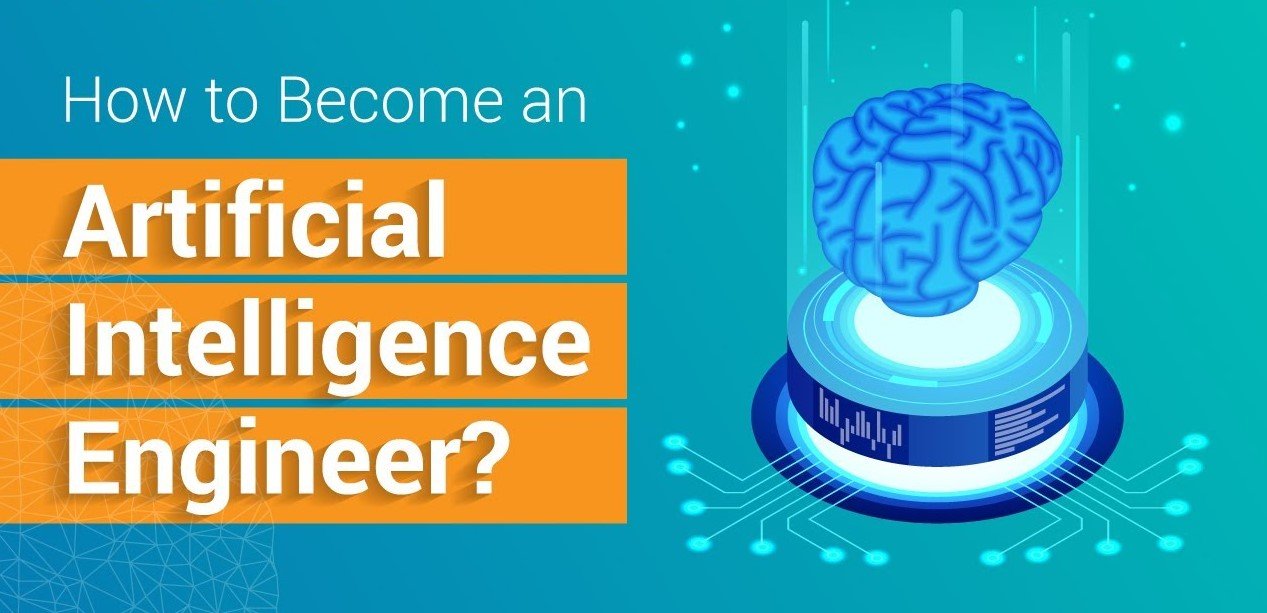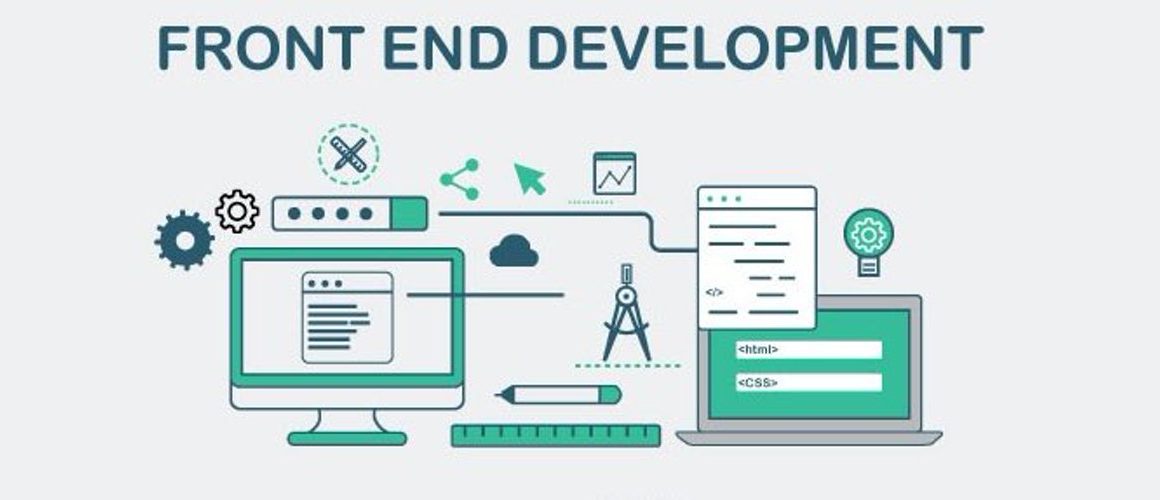Artificial intelligence (AI) refers to a system’s capacity to act like a human being. This type of intelligence is displayed by machines and is comparable to the intelligence displayed by humans and other animals.
Recently, there has been a dramatic rise in the number of job postings that require some knowledge or experience with data. Those skilled in data manipulation, working with massive datasets, and developing machine learning models are in high demand, and companies are actively on the lookout for them.
In the following section of this essay, we will discuss the steps to becoming an artificial intelligence engineer.
The Role of An AI Engineer
AI engineer duties include:
- Analyze business needs to design AI systems.
- Build AI systems.
- Improve operational efficiency and AI scalability.
- Evaluating and benchmarking machine learning technologies for integration.
- Build Python/R APIs.
How To Become an AI Engineer
1. Pass high school with scientific subjects
To begin a career in artificial intelligence engineering, you must first pass your 12th or high school with relevant scientific subjects like chemistry, physics, or mathematics. You can tailor your education to include statistics as a core subject if you so choose. If you graduate from high school with a firm grasp of scientific principles, you’ll have a firm basis on which to build your postsecondary education.
2. Bachelor’s degree in AI-related subjects
A bachelor’s degree is important to succeed in the field of AI. If you are an AI engineer aspirant, you can choose to complete a B.Tech (4-year) or do a B.Sc (3-year). You can also choose to do a Bachelor in Statistics or Mathematics. Similarly, to data science and machine learning, artificial intelligence can be studied as part of a specialised engineering degree in fields like Computer Science and Information Technology.
3. Earn a Master’s degree to stand out
If you want to stand out from the crowd in the job market and raise your earning potential, you’ll need to get your master’s degree in AI engineering or a related field. It could help you learn everything about AI engineering, gain insight into the subject, and develop highly specialized technical skills.
4. Earn AI certifications
If you are a bachelor’s degree holder or have graduated in AI-related subjects, an AI certification can help you develop your skills in the field. Some of the AI certifications include Java, C++, Python and OOP languages. Later, at any time, you may opt to further your education by obtaining a master’s or doctorate in a field related to artificial intelligence and machine learning. Numerous education sites provide online training courses from which you can obtain credentials at your own pace.
5. Seek employment in AI domain
When you feel confident in your knowledge of artificial intelligence (AI), deep learning, and machine learning, you can start looking for work in those fields. Data scientists, artificial intelligence (AI) specialists, machine learning developers, robotics engineers, and software architects are just some of the job titles you might find in this field. As with any profession, you can enter the workforce at the entry-level and work your way up to more responsible roles as your skills and experience improve.
Skills Required to Become an AI Engineer
Here are a few soft skills essential for a successful career in AI. Take a look
- Creative problem-solving: The ability to think creatively is crucial for an AI developer. Innovation and original thought are essential while designing AI.
- Techniques for identifying and addressing issues: Artificial intelligence (AI) is a strategy for addressing challenging human problems. Effective problem-solving abilities are crucial for the creation of such technology.
- Collaboration skills: The value of working together as a team cannot be overstated. Team players are valued in the tech sector as well.
- Knowledge about the sector: To succeed in any field, a broad understanding of that field and its subfields is essential. Engineers working with artificial intelligence face the same challenges.
- Time management: To contribute meaningfully to a team, one must master the art of time management. An AI engineer should be well-versed in striking a balance between the requirements of many stakeholders, planning projects, conducting research, developing software, testing software, and publishing them.
To Conclude
AI engineers are new to the data sector, but they’ll stick around. The industry needs people who can deploy scalable AI solutions. Now that you know how to become an AI engineer, start preparing for your ideal job.



